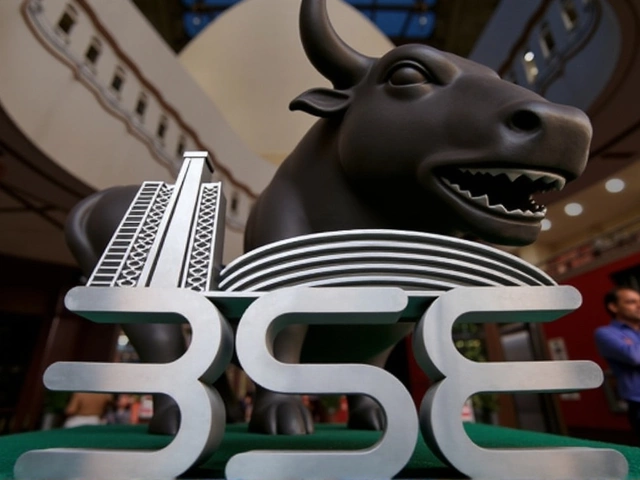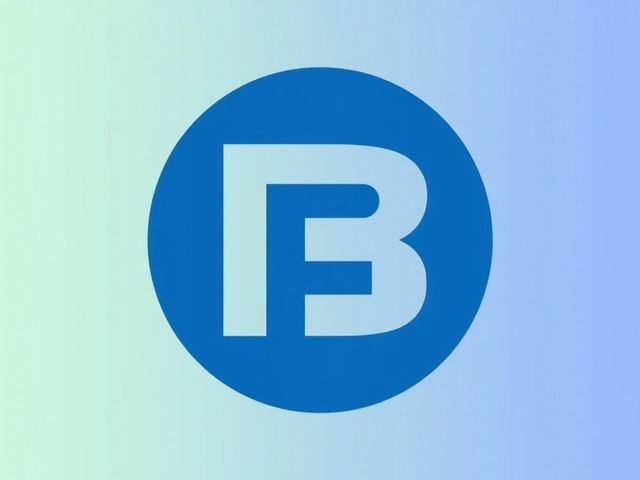Bajaj Housing Finance Q3 2025 Results: Key Insights and Market Reactions

Bajaj Housing Finance Q3 2025 Financial Performance
Bajaj Housing Finance Ltd. (BHF) disclosed its quarterly financial performance, revealing a robust growth trajectory despite a slight dip in stock price. The company reported a remarkable net profit of Rs 548.02 crore in the third quarter, marking an impressive rise of over 25% from Rs 436.97 crore recorded in the same quarter of the previous year. This uptick indicates a strong performance in an otherwise challenging macroeconomic environment. The financial resilience displayed by Bajaj Housing Finance positions it as a formidable player in the housing finance sector, appealing to both existing and potential investors.
Revenue Growth and Market Reaction
The company's revenue growth was equally noteworthy, with a 26% increase that underscores Bajaj Housing Finance's agile business strategy and market adaptation capabilities. As many businesses grapple with economic pressures, BHF’s strategic initiatives have clearly paid off, allowing it to expand its market share and enhance profitability. Despite these positive figures, the stock price saw a minor decline, standing at Rs 109.14, slightly lower by 0.80% from its previous close at Rs 110.02. This drop might not necessarily reflect the firm's strong financial performance but could be a result of broader market trends or investor sentiments at the moment.
Key Financial Metrics
Among the crucial metrics reported was the company's Price to Earnings (PE) ratio, which stood at 46.83. This ratio, a common investor tool for evaluating company valuation relative to its earnings, indicates that Bajaj Housing Finance remains a high-growth stock, albeit with a premium valuation. Another pivotal data point, the Earnings Per Share (EPS) trailing twelve months (TTM), was reported at Rs 2.33, while the Price to Book (PB) ratio was 7.49. These metrics provide deeper insights into Bajaj Housing Finance’s financial health and aid investors in making more informed decisions. In addition, the 52-week high and low stock prices were Rs 188.50 and Rs 108.55, respectively, providing a perspective on the stock's historical volatility and performance corridors.
Market Capitalization and Trading Volume
The company’s market capitalization, a critical indicator of its size and market position, stood at a substantial Rs 88,062 crore. This valuation beats many of its peers, reflecting the company’s ongoing growth and robust market strategies. On the trading front, Bajaj Housing Finance saw a substantial volume of shares being traded, totaling 11,640,645. The total trade value amounted to Rs 12,308.82 lakh, with a Volume Weighted Average Price (VWAP) of Rs 106.07. These figures provide insight into market interest and liquidity for Bajaj Housing Finance shares, suggesting a continued investor focus on its stock.
Dividend Policy and Yield
In the latest update, Bajaj Housing Finance did not announce any dividend, resulting in a dividend yield of 0.00%. The absence of dividends, while potentially disappointing for some shareholders, may indicate that the company is focusing on reinvestment strategies or capital preservation in order to sustain long-term growth. Many companies during certain growth or consolidation phases opt to reinvest profits rather than distribute dividends, reflecting a focus on enhancing shareholder value over time.
Outlook for Bajaj Housing Finance
Despite the drop in stock price reported in the latest financial update, the company's strong earnings and revenue growth are promising indicators for its future prospects. The strategic fiscal management exhibited in light of recent global economic challenges demonstrates Bajaj Housing Finance’s adaptability and potential for sustained growth. The financial sector remains highly dynamic, and companies that demonstrate agility and robust performance metrics like Bajaj Housing Finance are often positioned for future success. With the absence of a dividend payout, investors might remain curious about its future capital allocation strategies and how they align with evolving market conditions.

